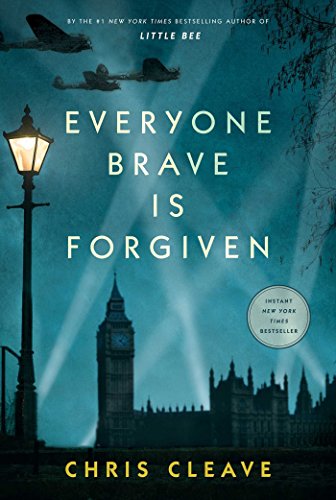Dublin, c. 2055
Grandpa’s antique accordion wheezed gently. Its bellows breathed the cool, damp Irish air for the first reedy notes of my song. Grandpa was long dead, but his polished instrument came alive in my hands, as always. It had been safely in its case during my transit between the fishing boat and the shore, so it was untouched by the salt spray that had touched everything else.
I played a tune that had haunted me from the moment I first heard him play it at his home, after a service at his Russian Orthodox cathedral in London. That was back when London – part of London – was still a vibrant, multiethnic showpiece.
The city wasn’t like that anymore. It had decayed into lukewarm tribal warfare, like the rest of the Pan-European Alliance for Peace and Social Justice. A hundred factions chose their allies and fought their enemies with laws, protests, barricades, and often weapons. Alliances shifted and shifted again, and the conflict continued.
“In church this song for only voices, unaccompanied,” Grandpa explained in his thick Russian accent. I had tried for years to master that accent, with its rich, long vowels, but I couldn’t. In truth I spoke poorly in words, accented or otherwise. Everything music was to me, words were not.

